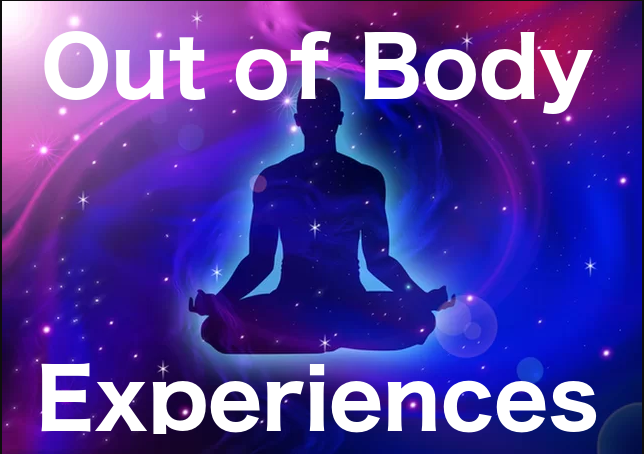How Virtual Reality Can Give You an Out of Body Experience!

Support more videos like this at patreon.com/rebecca!
Sorta transcript:
Those of you who are my patrons may know how I feel about VR — that it’s cool, but ultimately destined to fail again, like it did in the 1980s. I don’t want it to fail, I just kind of think it will. But really, I enjoy it a lot.
Well, I have another reason to really like VR and hope that I’m wrong about my pessimistic outlook. VR has some amazing applications to science, especially to the field of psychology, because you can do all sorts of things in VR that you can never do in the real world. And I’m not just talking about ethically dubious things like making subjects electrocute people and things like that.
One recent study shows how we might be able to use VR to make us less scared of death. If you’ll recall, I made a video a few months back admitting that I am pretty damned scared of death, myself, as an atheist who is pretty sure that after I die there’s not going to be anything left of me. And I think I’m pretty great.
So I love this study, even though it’s very small and doesn’t mean anything other than “here’s something that might be sort of true and we need to study it more.” It’s based on previous findings that people who have out-of-body experiences tend to experience changes in their perception of death, and they also tend to become kinder and more generous for years after. The problem is that out-of-body experiences tend to only happen randomly and usually either when a person is near death or under the influence of drugs, so it’s kind of hard to study.
Spanish researchers tried to replicate out-of-body experiences by taking a bunch of women and set them up with a VR headset and controller. They had them lounge in a chair and in the VR world they were doing the same thing. Then they’d feel balls hitting them (insert your favorite joke here) to make the scene feel really real. Then they’d perform a simple task (dropping a ball) to get them acclimated to the environment.
After all that, the subjects would see their view pull back from first person to third person, slightly up and behind their virtual body. Finally, half the subjects were poked in the chest at the same time that they saw a stick poking just under the camera, to kind of seal in the fact that they really were floating above their body. The other half of the subjects were poked in the chest while seeing a stick poking their virtual reality body beneath them, giving them more of the impression that they were still in their VR body despite seeing it in the third person.
After all this, the first group showed an overall lower fear of death compared to the second group.
That’s pretty interesting, but even more interesting to me is the “why” and how this relates to religion. The researchers say, “Our results open up the possibility that the virtual OBE experience provides an implicit learning that consciousness in the sense of the centre of perception can be separate from the physical body, and that therefore death of the physical body is not necessarily the end of consciousness.”
That’s a pretty strong claim, that a video game convinced people that their consciousness is separate from their body and can continue on after death. But according to their post-experimental surveys, 63% of the first group said that “it enhanced their belief towards life after death,” about double the control group. And each of the groups was comprised mostly of atheists!
As an atheist who doesn’t believe in life after death or in a separate “consciousness” that exists independent of my brain, I’m pretty confident that it would take more than a video game to convince me otherwise. But I can understand getting a more implicit benefit from the game — not consciously coming away saying “oh my mind will definitely float away as I die from balls hitting me while I lounge in my Layzee Boy,” but just feeling a vague sense of peace.
The study only involved a few dozen women, so it’ll definitely need to be reproduced, which the researchers freely admit and are doing now. I’ll be very interested to see if the results hold true, because if they do we’ll have another issue to consider: is it worth making people feel better about death if we’re convincing them of a thing that’s not necessarily true? Is this the start of a brand new science-based religion? More science is the only way to find out!




